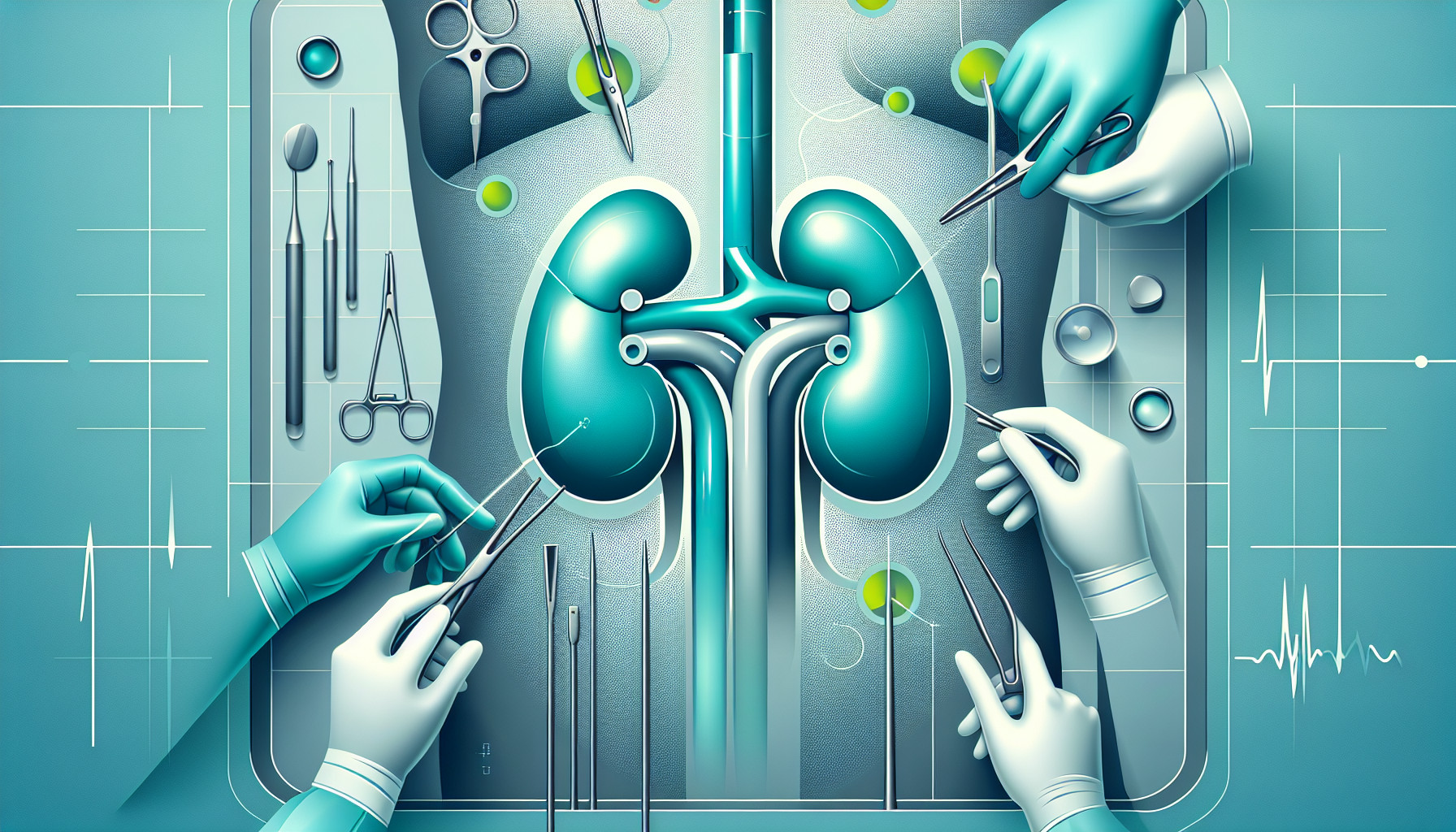Transplant Surgery
Articles and resources for Transplant Surgery.
Transplant surgery is a medical specialty focused on replacing damaged or failing organs with healthy ones from donors. Common reasons individuals may encounter this specialty include conditions like end-stage kidney disease, liver failure, heart disease, or severe lung conditions. Patients often seek transplant surgery when other treatments, such as medication or dialysis, are no longer effective. The need for a transplant can arise suddenly or develop over time, leading to a complex evaluation process to determine eligibility.
Care within transplant surgery typically occurs in specialized centers that integrate a variety of healthcare professionals. This team may include transplant surgeons, physicians, nurses, social workers, and dietitians, all working collaboratively to manage patient care. Coordination is essential, as the process involves thorough assessments, matching donors with recipients, and post-operative care. Communication among team members ensures that patients receive comprehensive support throughout their transplant journey.
Evaluations in transplant surgery often include a series of tests and assessments to determine a patient’s suitability for a transplant. These may involve imaging studies, blood tests, and consultations with various specialists to assess the overall health of the patient and the function of the organ in question. Once a patient is deemed eligible, they may be placed on a waiting list for a suitable donor organ. The surgical procedure itself is complex, requiring careful planning and execution to ensure the best possible outcomes.
While transplant surgery can significantly improve quality of life and increase longevity, it also comes with considerations and risks. Potential benefits include restored organ function, reduced symptoms, and the possibility of returning to normal activities. However, risks may include complications from surgery, rejection of the transplanted organ, and the need for lifelong immunosuppressive medications to prevent rejection. Patients are often referred to transplant specialists when standard treatments are no longer effective, and they can expect a detailed evaluation process, ongoing monitoring, and support throughout their transplant experience.

Corneal Transplant
Articles and resources for Corneal Transplant in Transplant Surgery.
Hand Transplant
Articles and resources for Hand Transplant in Transplant Surgery.
Intestinal Transplant
Articles and resources for Intestinal Transplant in Transplant Surgery.
Kidney Transplant
Articles and resources for Kidney Transplant in Transplant Surgery.
Liver Transplant
Articles and resources for Liver Transplant in Transplant Surgery.
Lung Transplant
Articles and resources for Lung Transplant in Transplant Surgery.
Organ Transplant
Articles and resources for Organ Transplant in Transplant Surgery.
Pancreas Transplant
Articles and resources for Pancreas Transplant in Transplant Surgery.
Vascularized Composite Allotransplantation
Articles and resources for Vascularized Composite Allotransplantation in Transplant Surgery.
Corneal Transplant
Articles and resources for Corneal Transplant in Transplant Surgery.
Hand Transplant
Articles and resources for Hand Transplant in Transplant Surgery.
Intestinal Transplant
Articles and resources for Intestinal Transplant in Transplant Surgery.
Kidney Transplant
Articles and resources for Kidney Transplant in Transplant Surgery.
Liver Transplant
Articles and resources for Liver Transplant in Transplant Surgery.
Lung Transplant
Articles and resources for Lung Transplant in Transplant Surgery.
Organ Transplant
Articles and resources for Organ Transplant in Transplant Surgery.
Pancreas Transplant
Articles and resources for Pancreas Transplant in Transplant Surgery.
Vascularized Composite Allotransplantation
Articles and resources for Vascularized Composite Allotransplantation in Transplant Surgery.